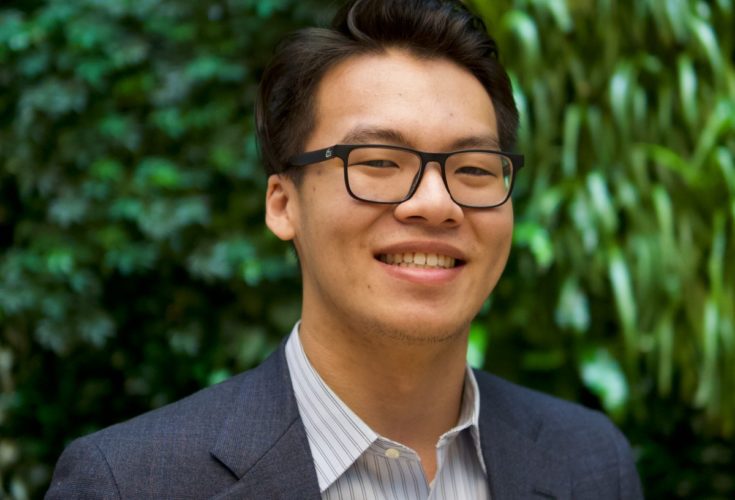This semester, our team has been working with the Ecuadorian Football Federation through the Center for Experiential Learning’s practicum program as the FEF looks to benchmark itself against other football federations in Latin America and beyond to better evaluate its performance.
Our CEL team is comprised of six members: Team lead Livi Logan-Wood, MBA ’23; Justin Matthews, MBA ’23); Lucy Reis, MBA ’22); Sharon Tang, MSBA ’22); Wei Xu, MSBA ’22); and Stefan Orduna-Momcilovic, BSBA ’22.
With administrative offices based in Guayaquil, and sporting operations located in the nation’s capital, Quito, FEF serves as the governing body of football in Ecuador and is responsible for managing the different national teams, including the men’s national team, La Tri. FEF also organizes and regulates all the official men’s and women’s football championships in the country, including the futsal and youth branches.

This is a particularly interesting time to work with a sports organization, given how greatly the industry has been affected by COVID-19 and the rise of streaming services as an alternative to watching games in person.
Our team was selected to engage with this client in large part due to our shared love of sports, a passion that connects us to one another regardless of which teams we support. By working together on this project, we have each stepped outside of our comfort zones to apply critical thinking skills to a complex yet rewarding task that is sure to bring valuable insights to FEF and move the mission of the Center for Experiential Learning forward.
Through this project, we had the opportunity to travel to Charlotte, NC, and meet with representatives of FEF, who had traveled with the team in preparation for an international friendly match against Mexico.
We were able to not only share our insights into the project thus far, but we also received valuable feedback from people who are incredibly familiar with the rapidly changing sports industry and who could pose questions that would lead us to obtaining a more comprehensive understanding of the federation’s challenges and opportunities.
Afterward, we attended the match against Mexico and got to enjoy the exhilarating atmosphere game day always brings. It was especially a treat to see Ecuador narrowly win a game filled with many goals on both sides.
As we now settle back in St. Louis, we look forward to putting all our research together and devising an actionable deliverable for FEF to implement. The CEL practicum experience has truly been the highlight of our semester, and the skills we have gained are sure to be beneficial for any career path we pursue.
Pictured at top: Effy (Wei) Xu, MSCA ’22; Lucy Reis, MBA ’22; Sharon (Yuxin) Tang, MSCA ’22; Stefan Orduna-Momcilovic, BSBA ’22; Justin Matthews, MBA ’22; and Livi Logan-Wood, MBA/MSW ’23.











